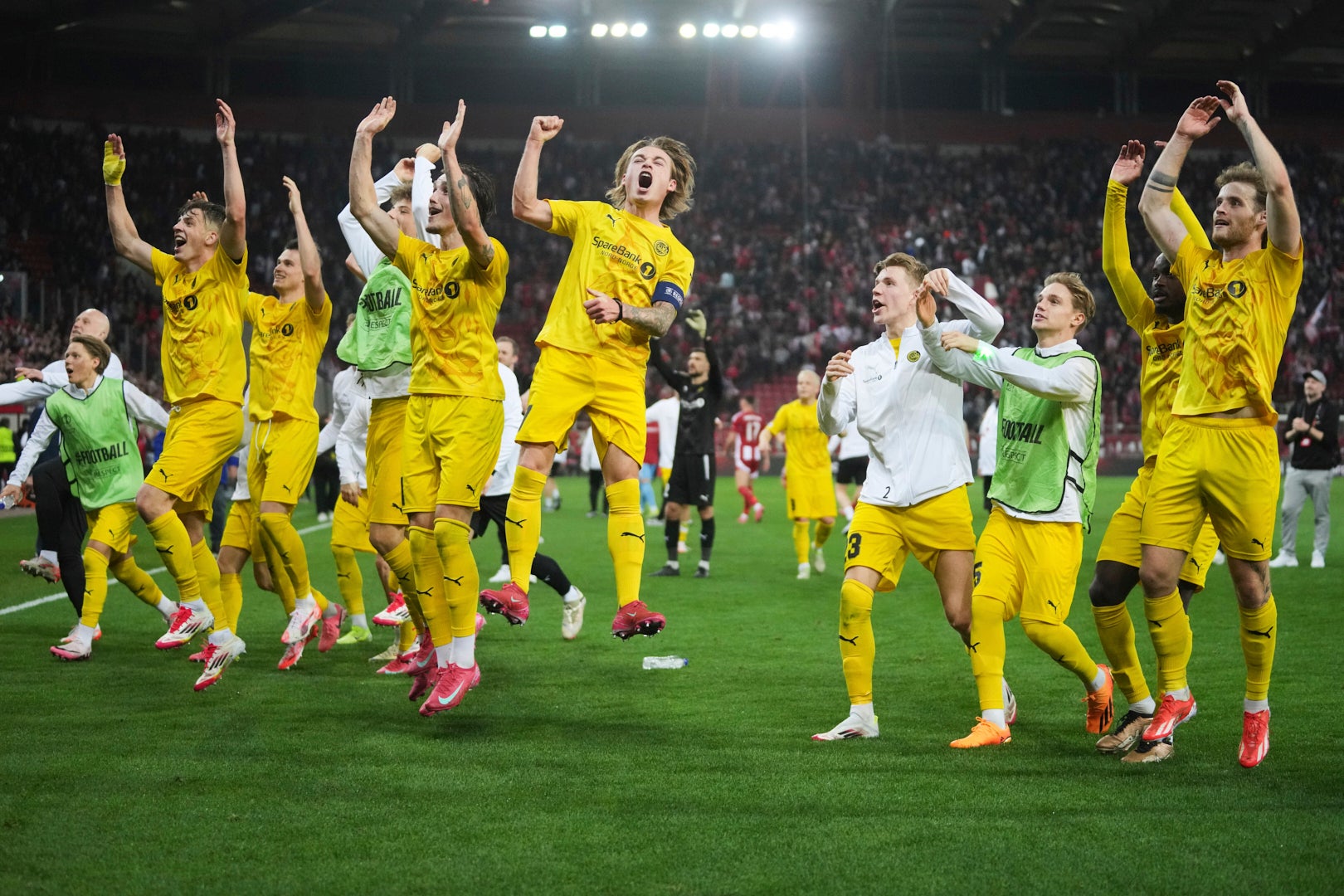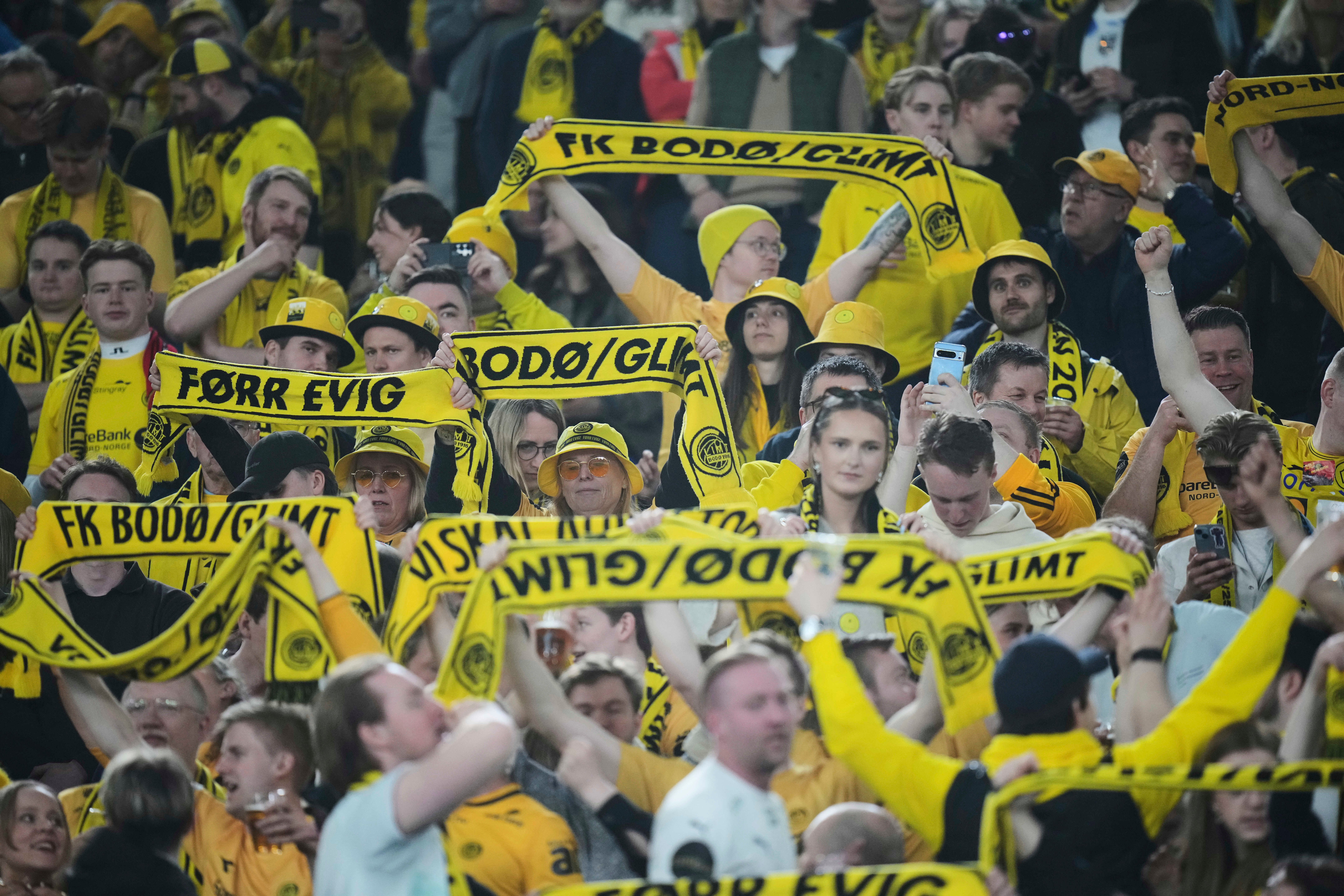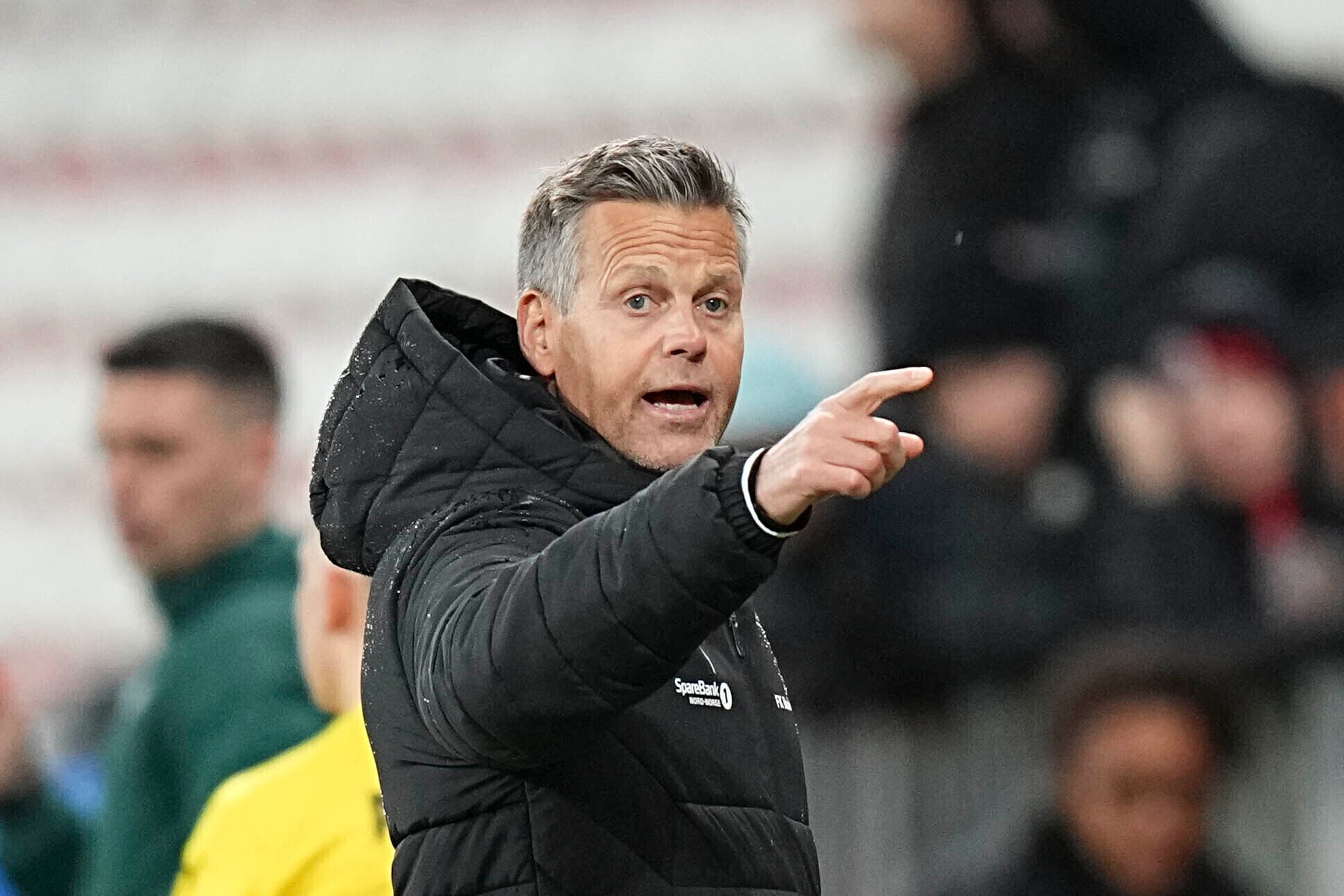
From a small town nestled north of the Arctic Circle, FK Bodø/Glimt has rewritten the script on underdog stories in European football.
Their meteoric rise from Norway's second tier to European competition is largely attributed to the unconventional methods of Bjørn Mannsverk, a former fighter pilot turned mental coach.
In 2017, Bodø/Glimt found themselves relegated and grappling with negativity and "collective mental breakdown." Enter Mannsverk, whose mission was to revolutionise the team's mindset.
He prioritised open communication about feelings, stress reduction techniques, and a renewed focus on preparation and nutrition. His goal was to destigmatise mental training, shifting the emphasis away from the pressure of results and towards cultivating a new team philosophy and culture.
Mannsverk's unique background as a Royal Norwegian Air Force squadron leader, with deployments to Afghanistan and Libya, provided him with invaluable insights into mental resilience.
His experience in high-stakes military operations shaped his coaching approach, emphasizing the crucial role of mental fortitude and cohesive teamwork.
The impact of Mannsverk's methods has been remarkable. Bodø/Glimt's subsequent success is a testament to the power of mental coaching and its potential to transform a struggling team into a European football sensation.

After securing an immediate return to Norway’s top division, the team — based more than 1,000 kilometers (620 miles) north of Oslo in a fishing town, Bodø, with a population of around 55,000 — has captured four of the country's last five league titles. It started in 2020 with a first in the history of a club founded in 1916.
Bodø/Glimt has also had some big results in Europe in recent seasons — a 6-1 thrashing of Jose Mourinho’s Roma in the Conference League 2021 stands out — and this year it has become the first Norwegian club to reach the semifinals of a major European competition.
The first leg against Tottenham in the Europa League takes place in London on Thursday. It’s Bodø/Glimt’s biggest ever match.
“It is a fairy tale, almost a miracle,” Mannsverk told The Associated Press in a video interview. “How can you actually come from (Norway's) second division in 2017 to playing a Champions League playoff and teams like Arsenal five years later?
“But I think it’s possible ... if you have the right mentality and you work hard over time.”
An active air force pilot for more than 20 years, Mannsverk and others in his squadron were the subjects of a mental training project in 2010 where the focus was on meditation and “every day repeating boring stuff, but with 100 per cent attention.”
It meant that when he was in Libya the following year, he had the mental capacity to handle the dangerous missions he was asked to perform. His squadron’s mantra — “train as you intend to fight” — worked.
“Even though I got strong feelings when my first bombs hit the target and it was in infernal flames and fragments and everything," he said, "it was like, ’My training said that it’s OK, this is happening, recognize that, but know I have to return and do my job.'”

With Bodø until recently having a NATO air base, it was simply a happy coincidence that Bodø/Glimt’s leadership came across members of the squadron at the same time as it was seeking a “silver bullet” — as Mannsverk put it — to improve the team’s mental conditioning.
A project was born and fully embraced by manager Kjetil Knutsen following his appointment in 2018.
Bodø/Glimt has never looked back.
Mannsverk’s fingerprints are all over the team’s behavior, though he acknowledges there has been such a buy-in by the players that they now take decisions by themselves.
Like having a rotating cast of eight captains to share leadership duties. Like when the players gather into a circle — Mannsverk calls it the “Bodø/Glimt Ring” — after conceding a goal to discuss what happened and maintain solidarity. Like the players having no specific targets, apart from being the best version of themselves.
Inge Henning Andersen, Bodø/Glimt’s chairman, told the AP that midfielder Ulrik Saltnes considered retiring because he used to suffer from stress-related stomach issues that flared up around matches. Saltnes opened up about his problems to Mannsverk and “finally found a way out of it,” Andersen said.
The team plays at an intensity that far exceeds its rivals, which players attribute to Mannsverk.
“I don’t think it would be possible to play like that without Bjørn and the mental work we do,” Saltnes once told the BBC.
This season’s Europa League campaign is giving Bodø/Glimt widespread attention, notably for its location. The team’s Aspmyra stadium — with a capacity of less than 9,000 — is one of the most northernly in world soccer at 67 degrees latitude. Tourists have long come to the town on the tip of Norway’s west coast because it is a good spot to see the northern lights.

Bodø, named the European Capital of Culture in 2024, has less than an hour of sunlight during its shortest days, meaning players take supplements to combat a lack of sunlight. It can be bitterly cold and windy in the long winters, making for tough trips for opponents from other countries.
On paper, Tottenham, one of the world’s richest clubs, starts as a huge favorite against Bodø/Glimt. The crowd at Tottenham Hotspur Stadium on Thursday will be bigger than Bodø's population.
Yet the English club is having one of its worst seasons in a generation and currently lies in 16th place in the 20-team Premier League. It gives Bodø/Glimt a realistic shot at an upset, like it produced when getting past Italian team Lazio in the quarterfinals.
Another chance, then, for the club to write another amazing chapter in its remarkable journey.
“We like to tell our story,” Mannsverk said. “The philosophy is a good thing. We know it’s difficult in football, where there’s so much money involved, to give a coach or a team the time. And it takes time to change and drill in the mentality.
“This was not done overnight ... but I’m totally convinced that it will work more or less all over.”







